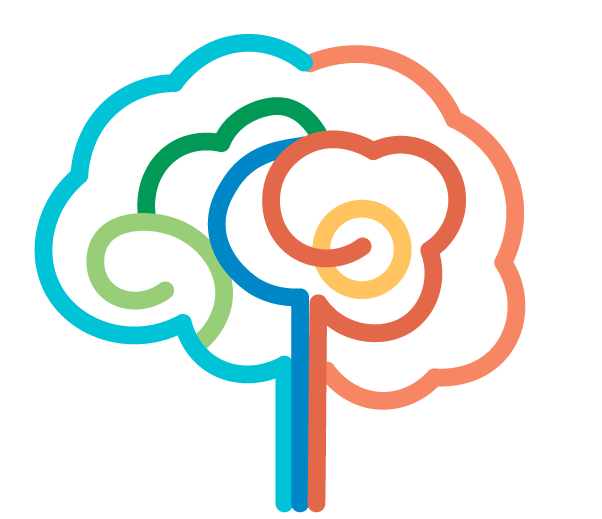Dr. Denise C. Park, founding director of the Center for Vital Longevity (CVL) and Principal Investigator of the Aging Mind Lab (AML), retired from The University of Texas at Dallas on May 31, 2025, leaving behind a lasting legacy in advancing the neuroscience of aging.
Dr. Park, a professor of psychology and the Distinguished University Chair in Behavioral and Brain Sciences, established CVL in 2010. For 15 years she served as the driving force behind its mission to understand how the brain develops and changes across the lifespan, and to identify ways to preserve cognitive health in older age.
“I’ve always been curious about how the mind works — how we think and imagine things,” Park said. “That interest really took off during my first semester of college when I got fascinated by memory. Ever since then, I’ve been studying the aging mind. It’s been 55 years now, counting my time as an undergrad, in grad school and as a faculty member.”
Dr. Park pioneered aging-related neuroscience research, focusing on how the speed and capacity of the brain changes as we get older, how cultural experiences shape brain activity, and how the aging brain might protect itself from structural degradation to maintain performance.
The AML is proud to have trained over 55 alumni throughout the years, including postdoctoral researchers, doctoral students and research assistants. As they continue their careers across the globe, they embody the lab’s motto: The sun never sets on Park Lab.
About the Aging Mind Lab
How can we maintain a healthy mind for life?
The Aging Mind Lab, sought to address one of the most pressing scientific issue in the 21st century: How can we maintain a healthy mind for life? The cost of cognitive decline – to older individuals, their families, and our healthcare system – is staggering. A scientific understanding of how to slow cognitive aging by just five years could lead to fewer people being diagnosed with Alzheimer’s disease. To address this issue, the Park Aging Mind Lab focused on three goals:

Answering the question: How does the aging mind work?
Put simply, understanding the neuropathology and the fundamental causes of Alzheimer’s disease required first understanding how a healthy mind functions and is maintained. Studying the healthy aging mind provided the foundation for developing treatments and cures for age-related neurological diseases. The Dallas Lifespan Brain Study focused on this goal and yielded a wealth of insights.

Explore the question: Can a vital, engaged life slow the rate at which the mind ages?
Researchers in the AML believed the answer to this question is “yes,” based on their outcomes. The Synapse Project was a breakthrough study showing that engaging in mentally challenging leisure activities can improve cognitive function in older adults. The findings were highly promising.

Training the next generation of leading scientists
TThe Aging Mind Lab was dedicated to training top young scientists who are now conducting research around the world. One of the lab’s mottos was, “The sun never sets on Park Lab.”


You must be logged in to post a comment.